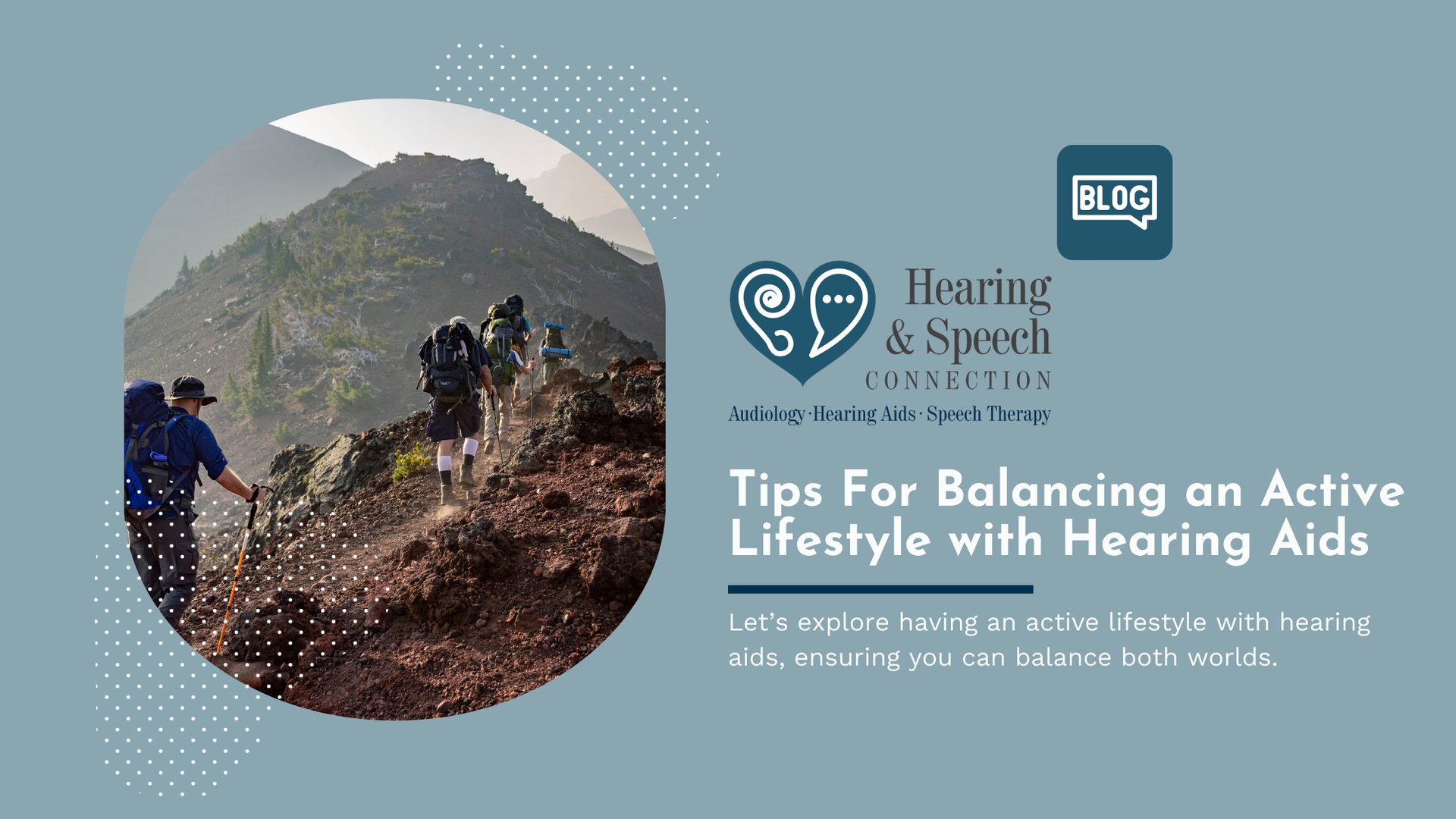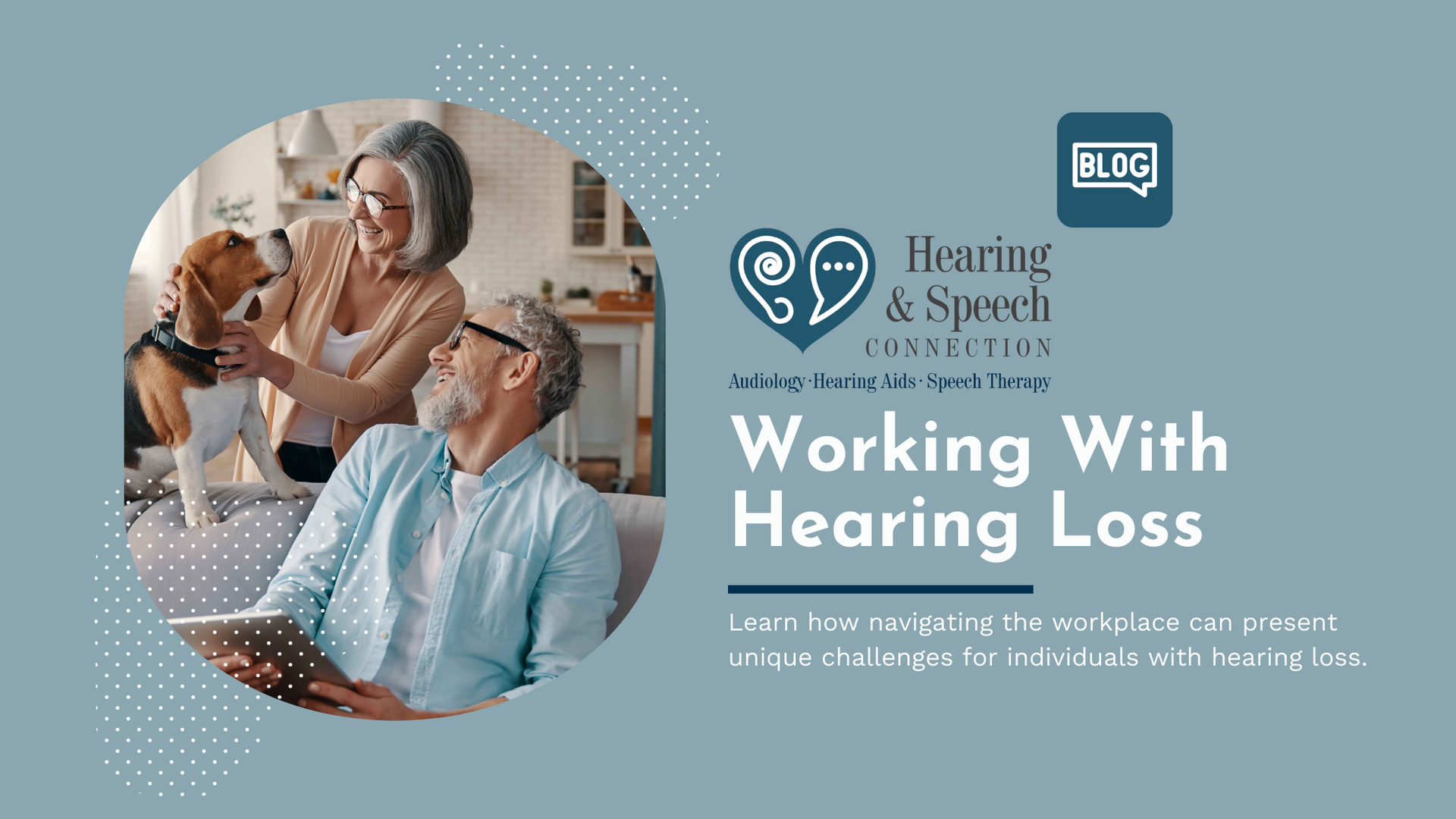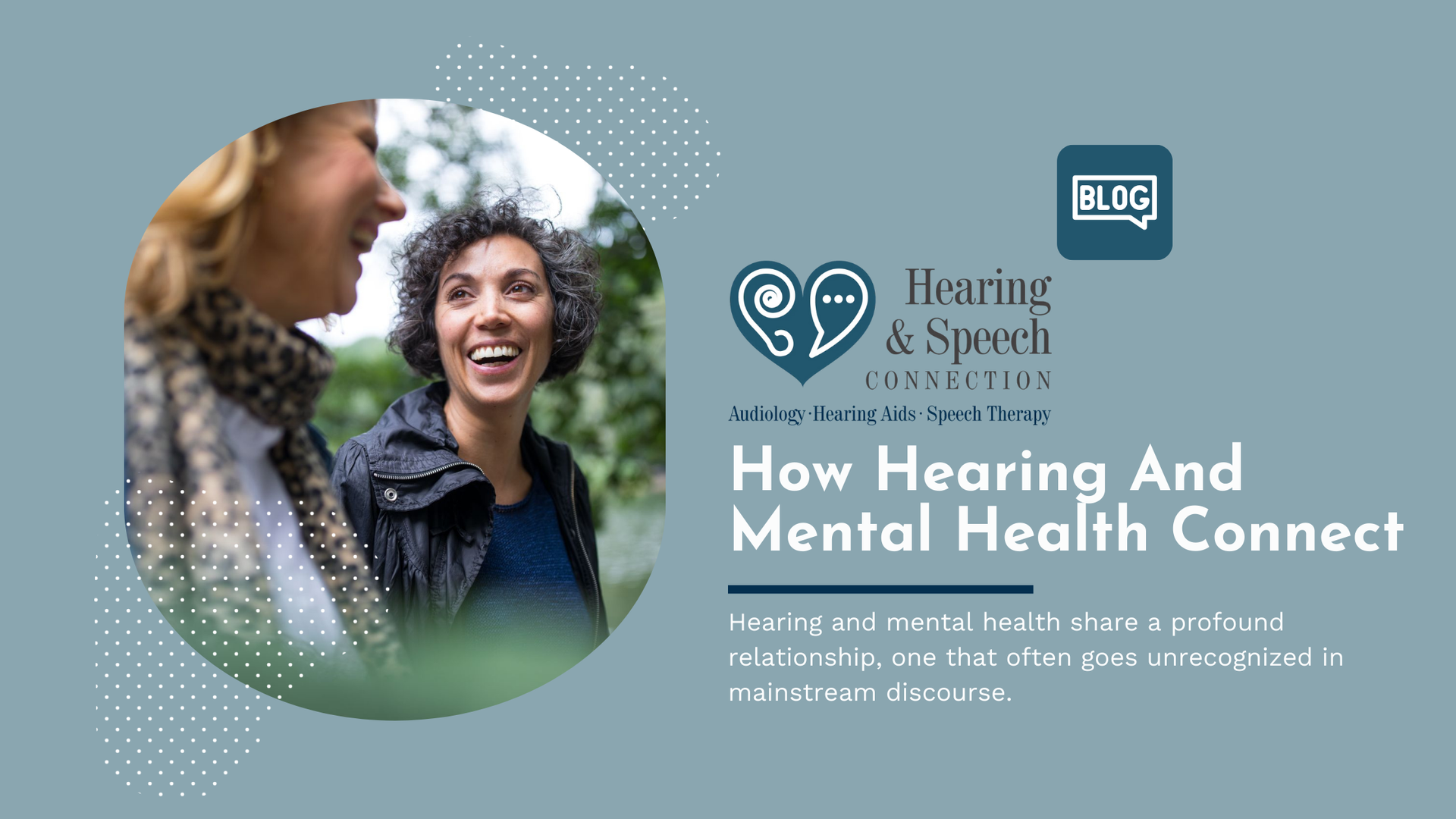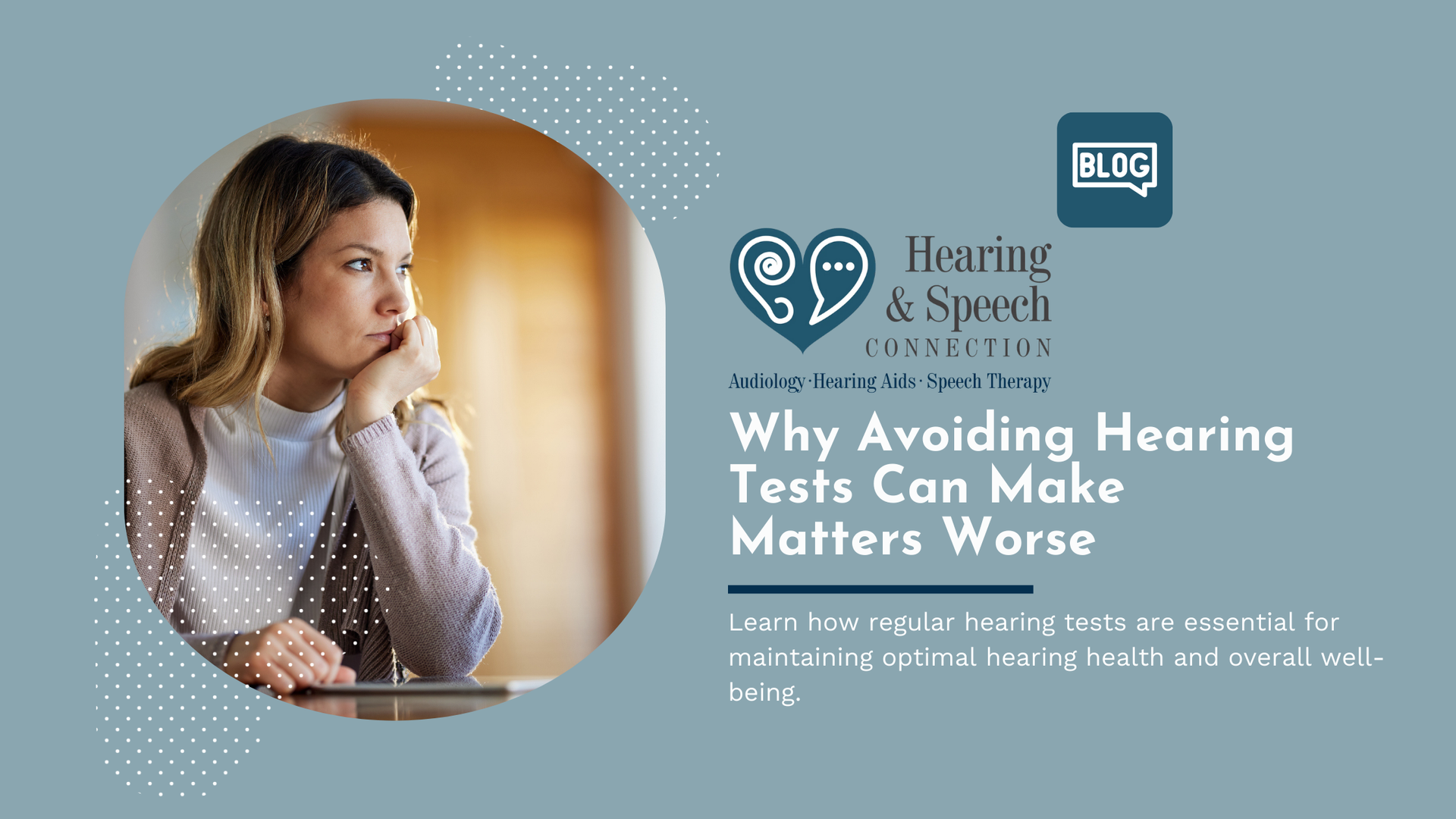Hearing treatment could help keep you safer
Hearing loss is a common condition that affects millions of people worldwide, especially as we age. It can be caused by a variety of factors, including genetics, noise exposure, and diseases. However, did you know that hearing loss can also affect your balance and spatial awareness?
The ear is a complex organ that plays a crucial role in both hearing and balance. In this article, we will explore the relationship between hearing loss, balance, and spatial awareness, and discuss strategies to improve balance and spatial awareness in individuals with hearing loss.
The Anatomy of the Ear
Before we dive into the relationship between hearing loss, balance, and spatial awareness, it’s essential to understand the anatomy of the ear. The ear is divided into three parts: the outer ear, middle ear, and inner ear.
The outer ear is the part of the ear that we can see, and it consists of the ear canal and the earlobe. The middle ear is the area behind the eardrum, and it contains the three tiny bones called the ossicles. The inner ear is the part of the ear that’s responsible for both hearing and balance. It’s composed of the cochlea, which is responsible for hearing, and the vestibular system, which is responsible for balance.
The Mechanism of Hearing
Sound waves enter the ear through the outer ear and travel down the ear canal to the eardrum. When the eardrum vibrates, it causes the ossicles in the middle ear to move. This movement sends the vibrations to the cochlea in the inner ear, where the sound waves are transformed into electrical signals that the brain can interpret as sound.
The cochlea is also responsible for distinguishing between different frequencies and pitches of sound. The brain uses this information to perceive sound and to locate the direction of where it’s coming from.
The vestibular system, located in the inner ear, consists of three semicircular canals that are responsible for detecting rotational movement and two otolith organs that are responsible for detecting linear acceleration and gravity. These organs provide the brain with information about the body’s position and movement, which is essential for maintaining balance and spatial awareness.
The Relationship between Hearing Loss, Balance, and Spatial Awareness
Hearing loss can affect both the cochlea and the vestibular system, which can lead to balance problems and spatial disorientation. When the cochlea is damaged, it can affect the brain’s ability to process sound, which can make it challenging to locate the direction of where the sound is coming from. This can cause individuals to feel disoriented and unbalanced, especially in environments with a lot of background noise.
Additionally, when the vestibular system is damaged, it can cause dizziness, vertigo, and a loss of balance. This can make it challenging to navigate through space and can increase the risk of falls, especially in older adults.
On the other hand, maintaining good balance and spatial awareness can also help to prevent hearing loss. The vestibular system provides the brain with important information about the body’s position and movement, which can help to reduce the risk of falls and injuries.
How Hearing Aids Can Help Individuals Stay Balanced
Hearing aids can help with balance in a few different ways.
Firstly, hearing loss can affect the inner ear, which is responsible for our sense of balance. When we have hearing loss, the inner ear may not receive as much stimulation, which can lead to problems with balance and spatial orientation. By wearing hearing aids and restoring access to the full range of sounds, we can help the inner ear function more effectively and improve balance.
Secondly, hearing aids can help with situational awareness, which is critical for balance. Situational awareness is our ability to perceive and understand our environment, and hearing is an essential component of this. By providing access to important sounds like footsteps, traffic, or alarms, hearing aids can help us better understand and navigate our surroundings, reducing the risk of falls and other accidents.
Finally, there is some evidence to suggest that wearing hearing aids can have a positive impact on cognitive function, including balance. A study published in the Journal of the American Geriatrics Society found that hearing aid use was associated with improved cognitive function and a reduced risk of falls in older adults.
If you’re experiencing hearing loss or balance problems, it’s essential to seek help from a hearing professional. They can help you to determine the underlying cause of your hearing loss and can recommend appropriate treatment options to improve your hearing and balance.
At Hearing and Speech Connection, our team of hearing professionals is dedicated to helping individuals improve their hearing health and overall quality of life. Contact us today to schedule a consultation and learn more about how we can help you improve your hearing and balance.
The post Hearing treatment could help keep you safer appeared first on Hearing Connection.




